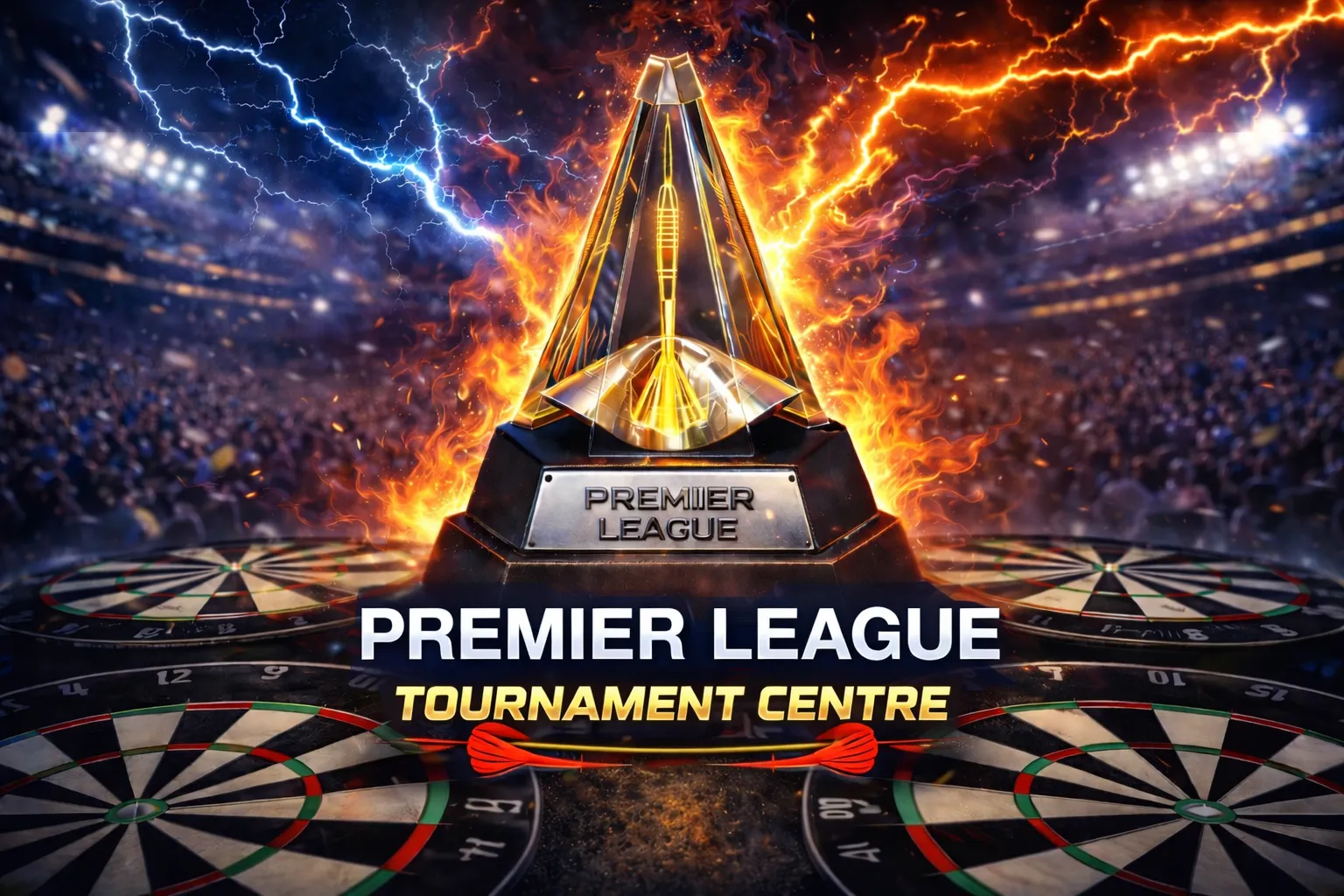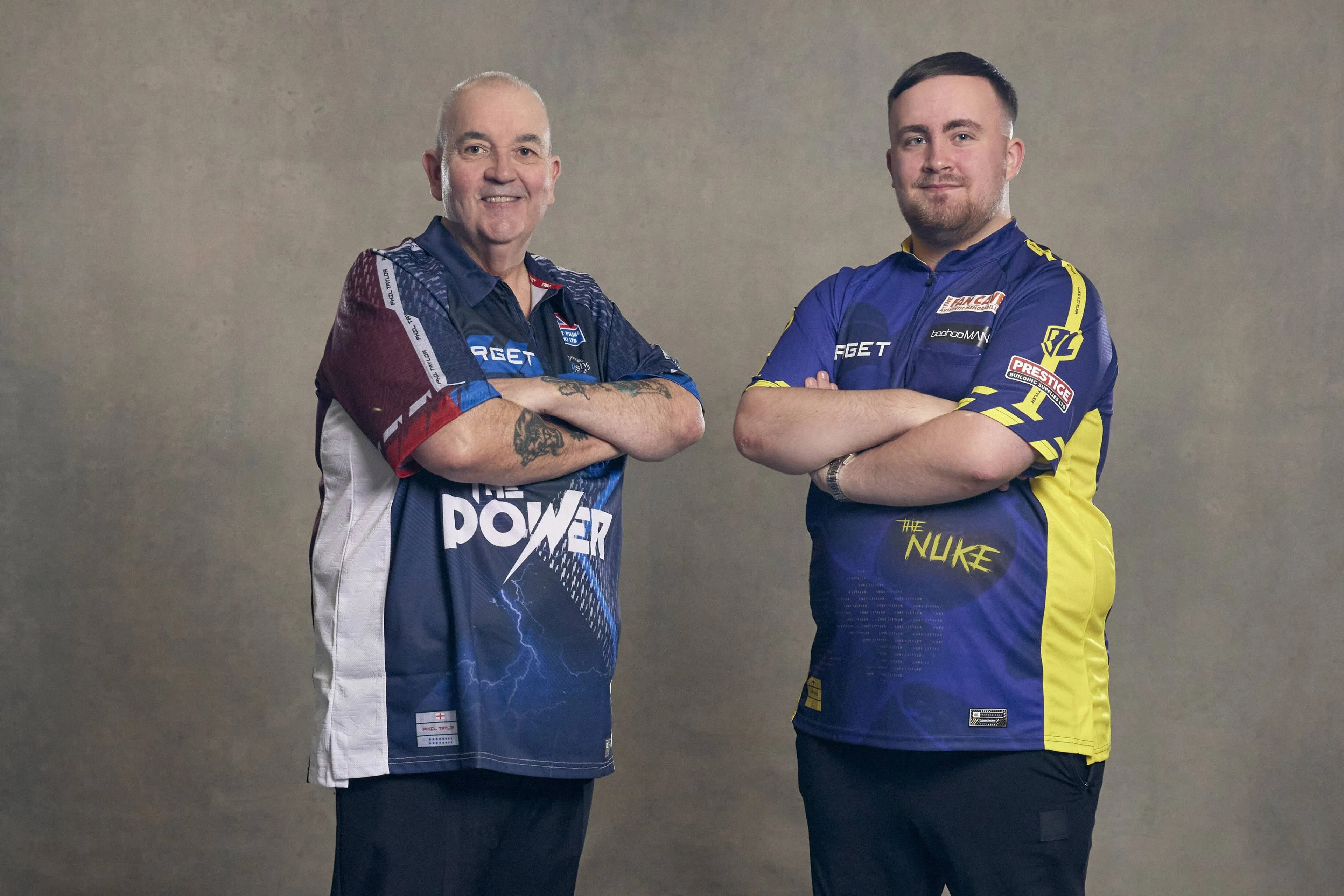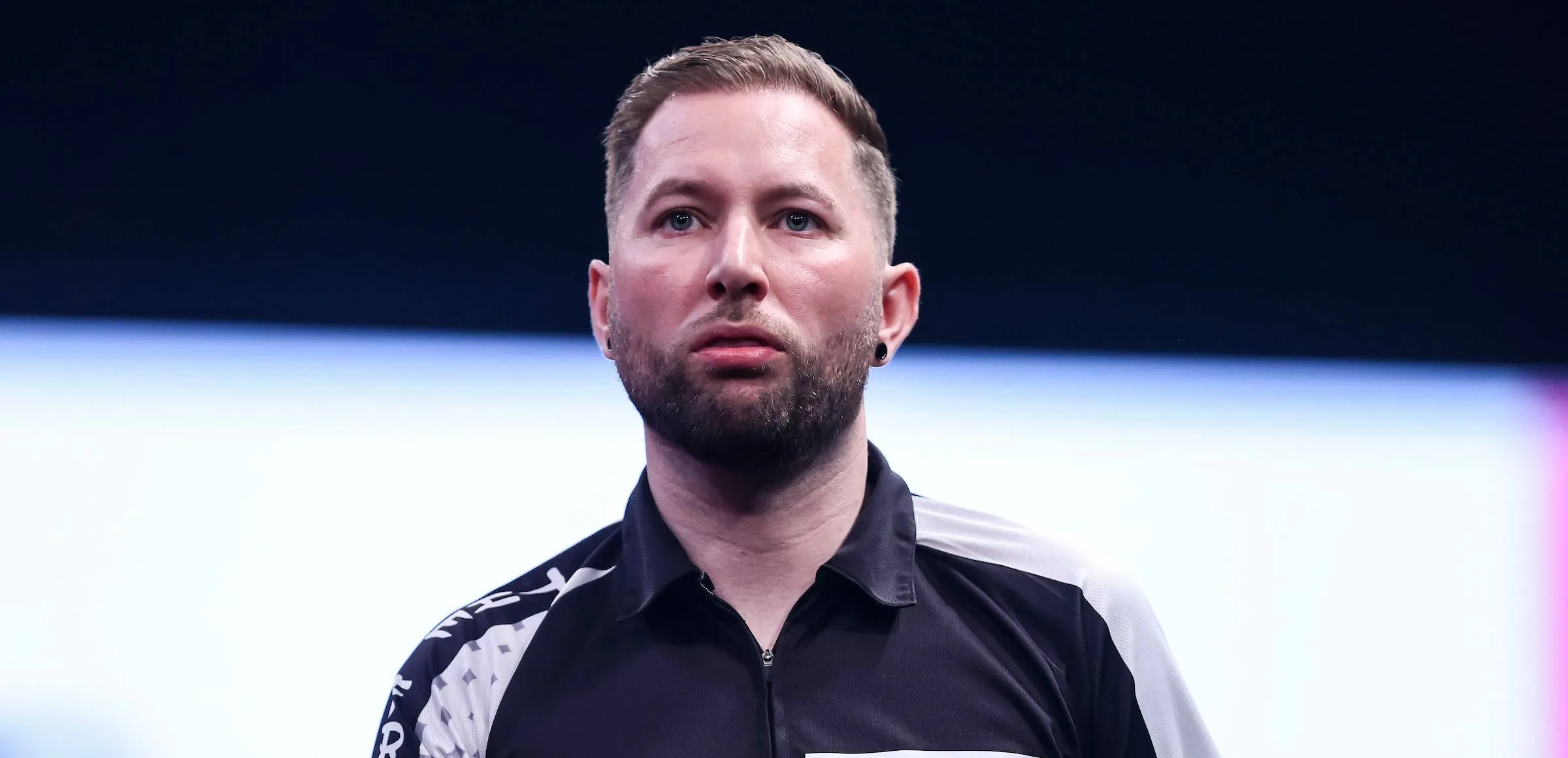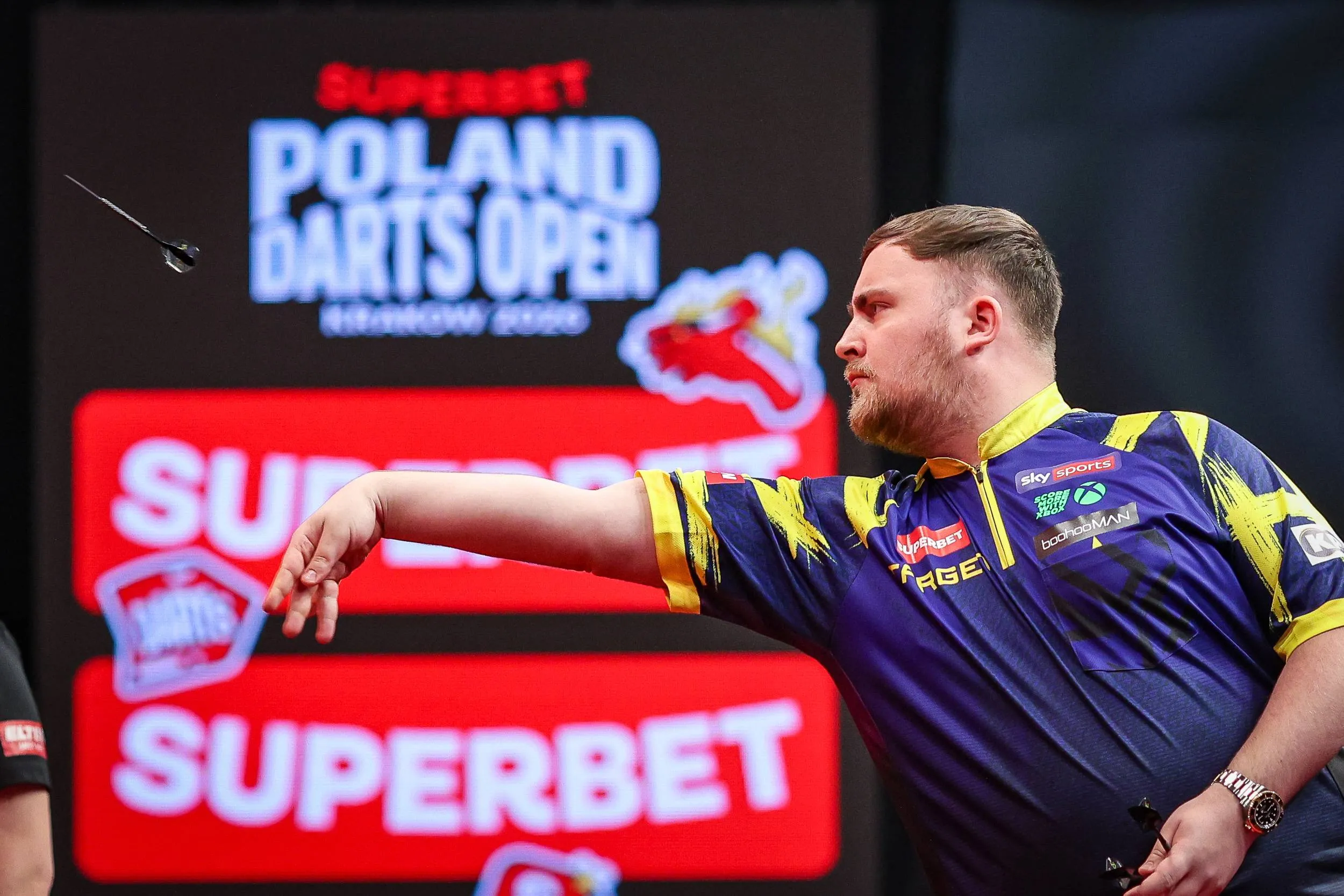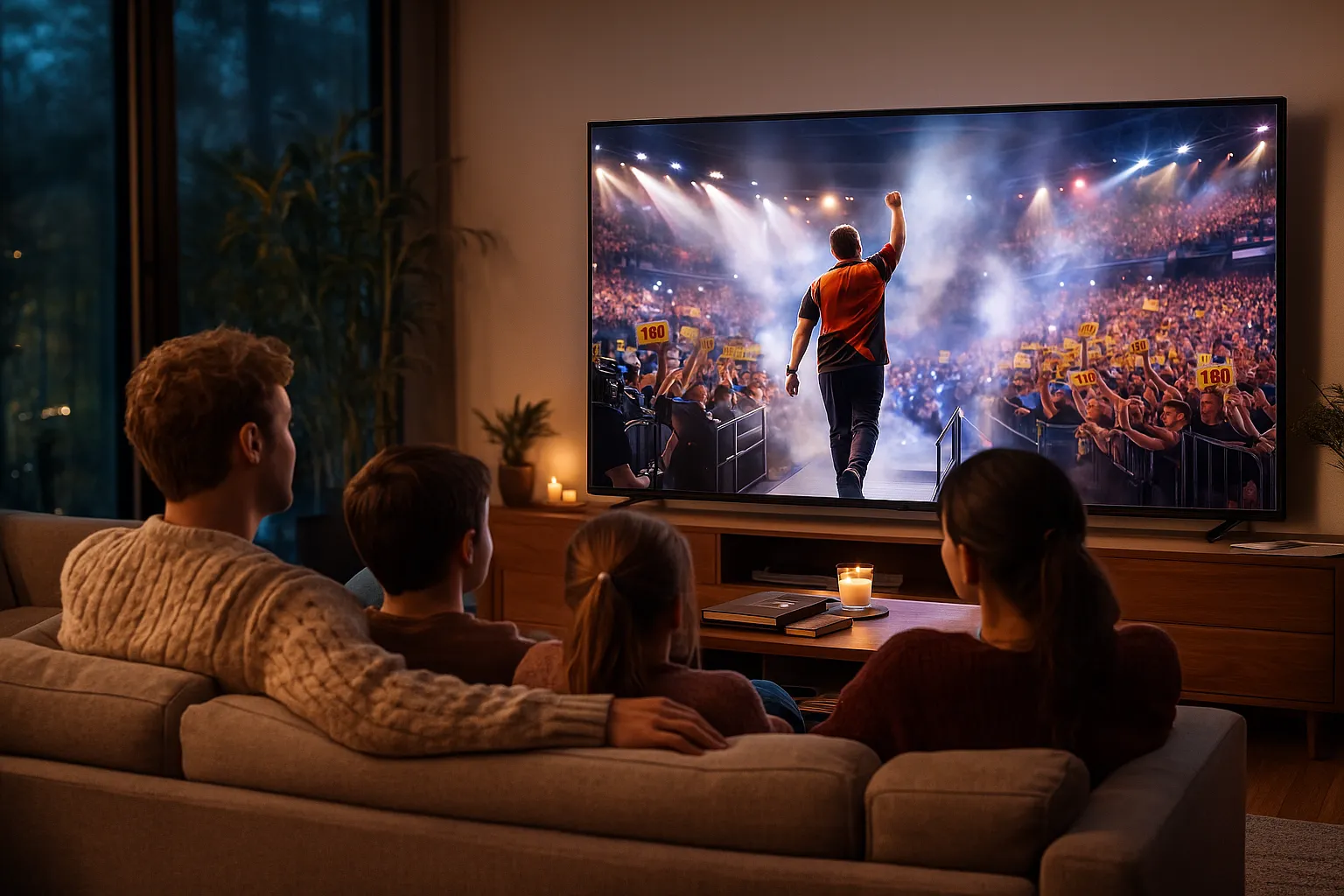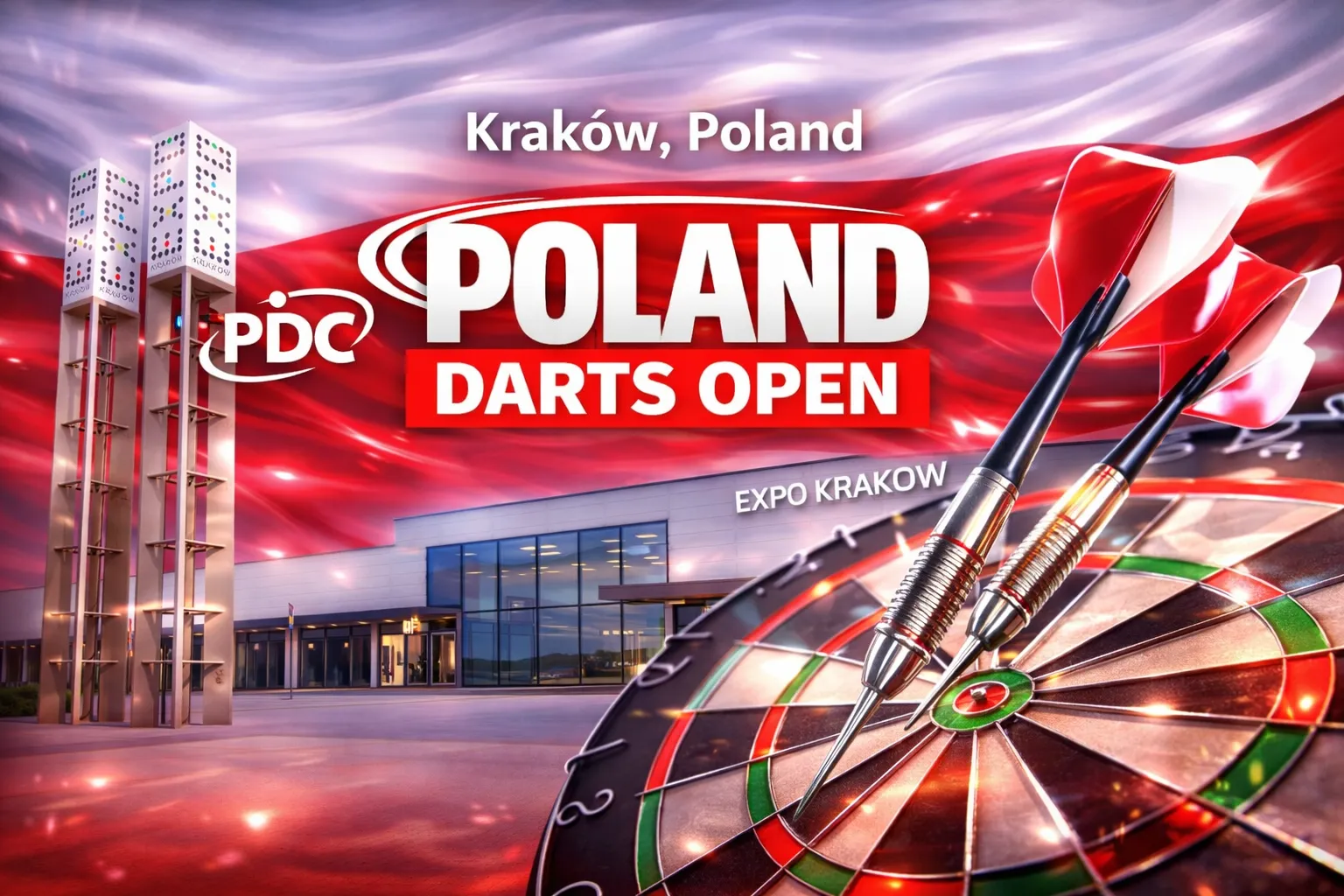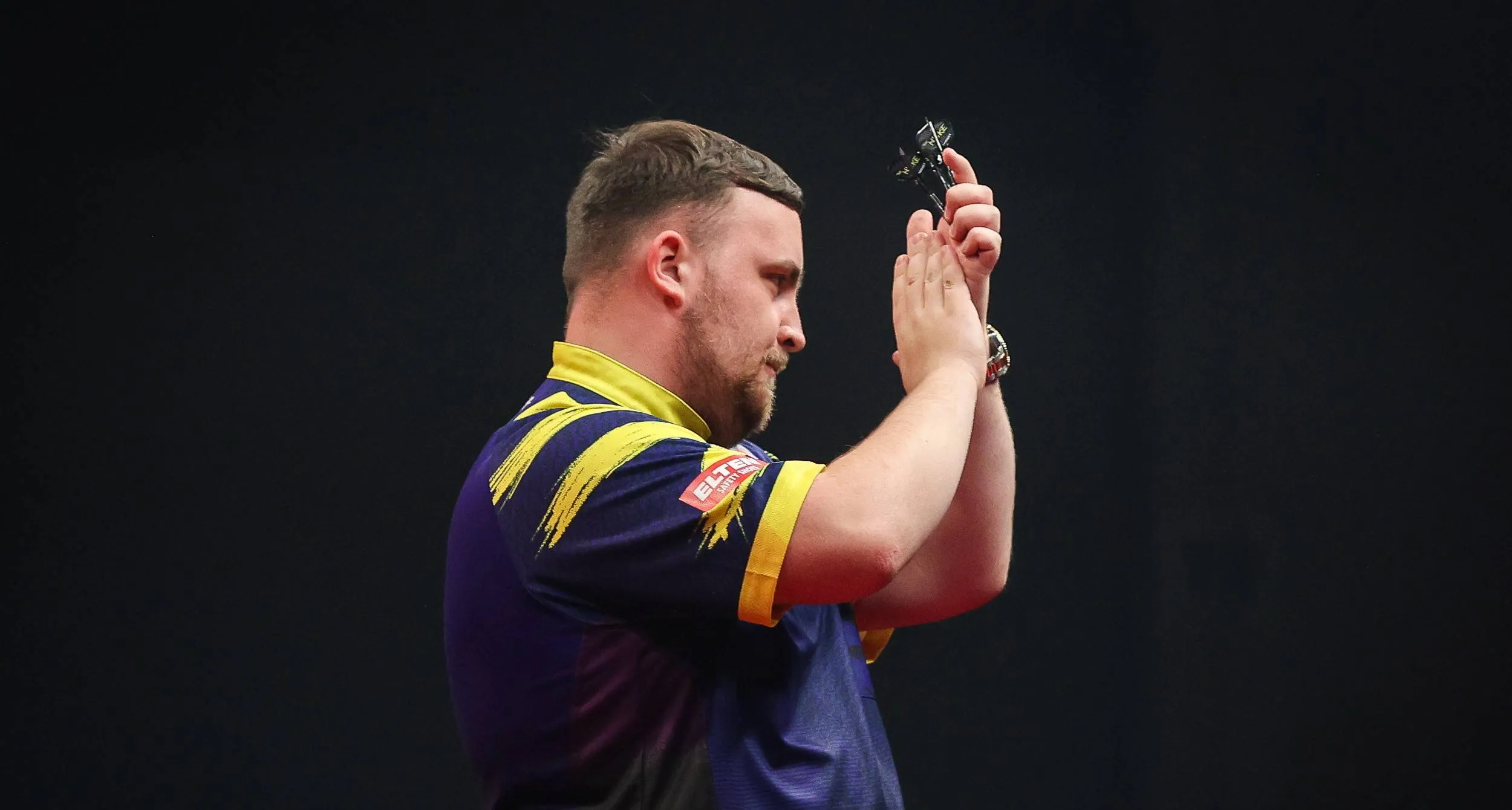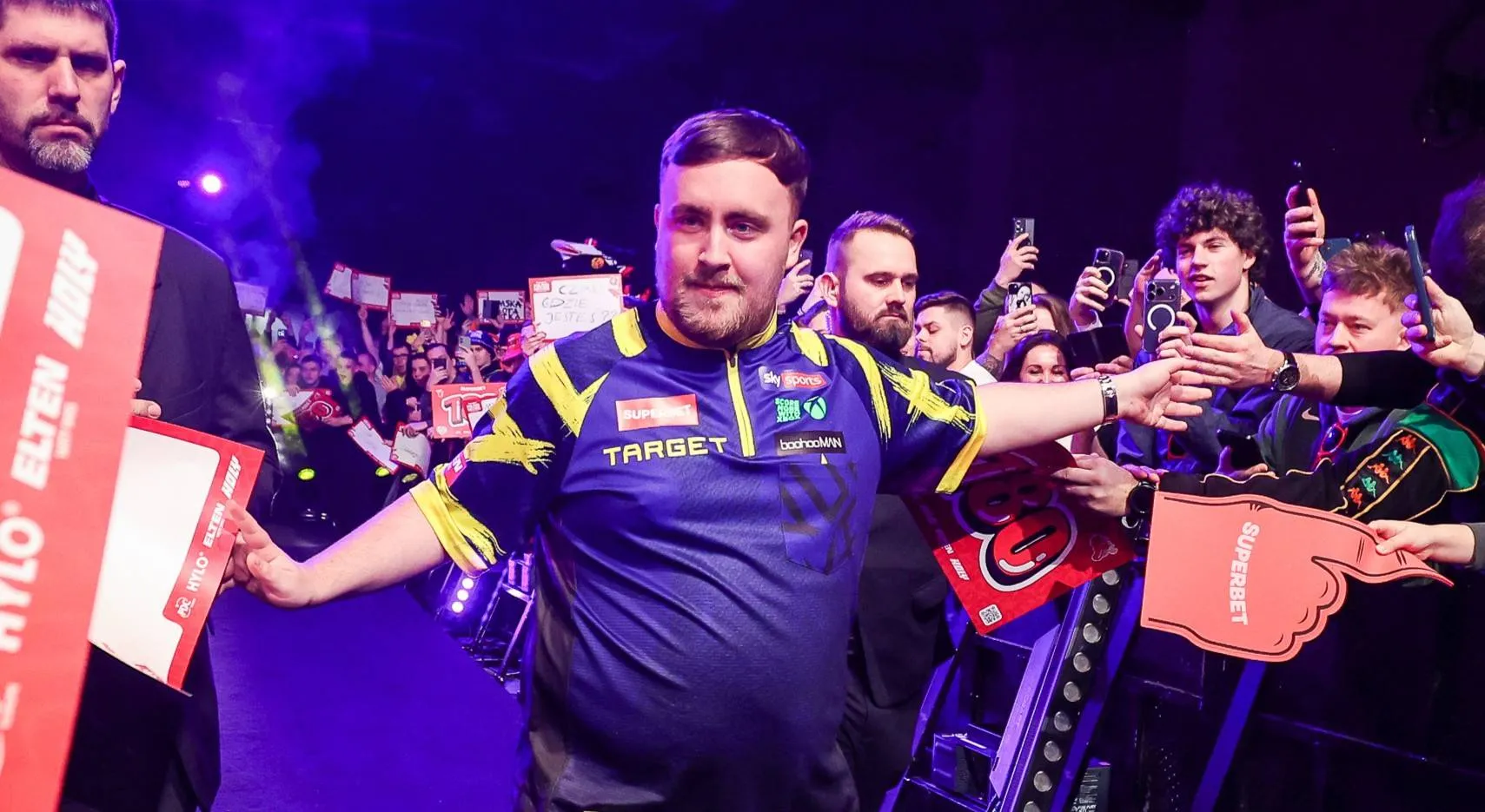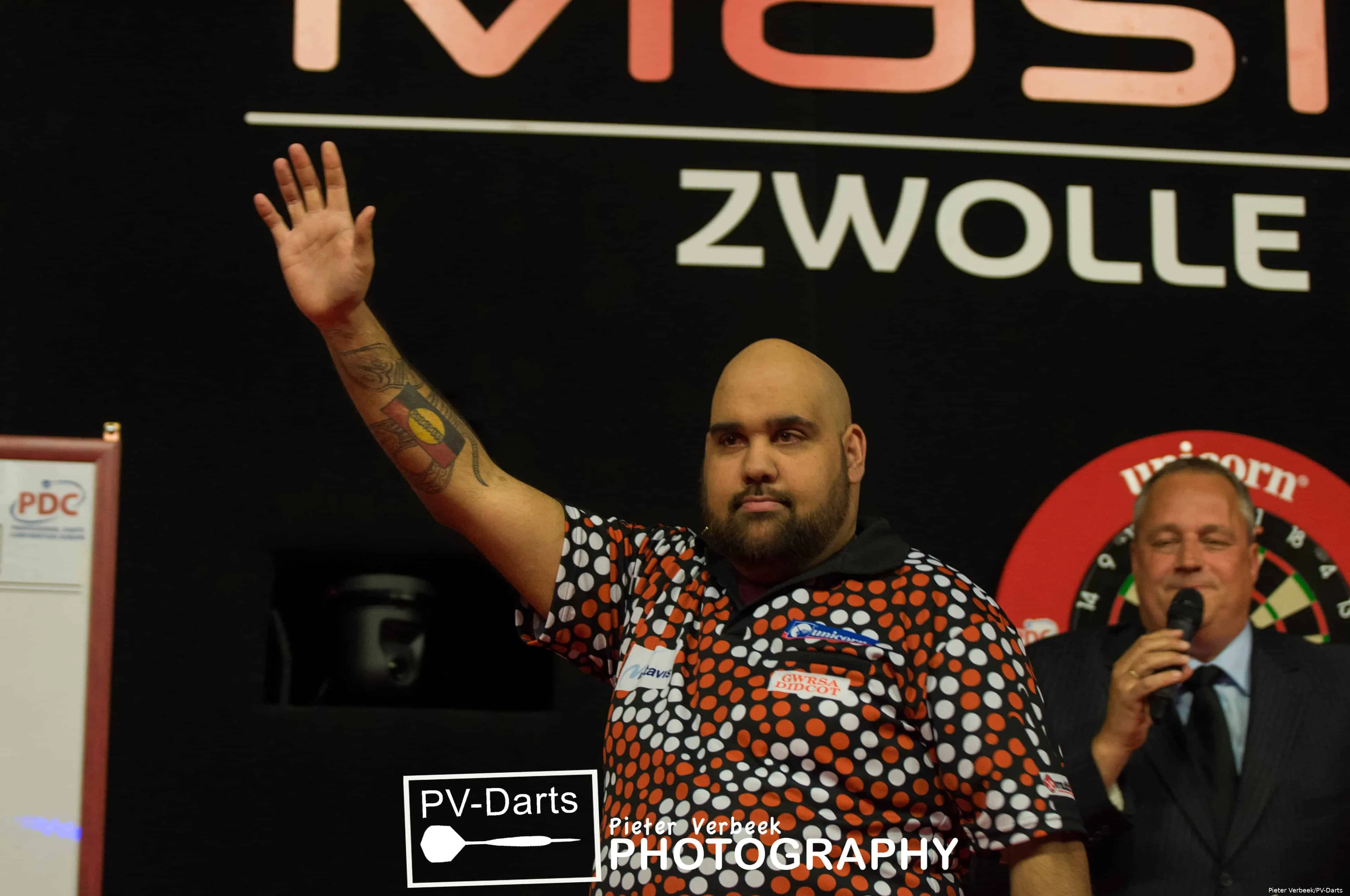
On May 9, Kyle Anderson lost a couple of darts matches. It happens. Sure, Anderson wasn't at his best when falling to PDC Darts At Home defeats against Daniel Larsson and Martin Schindler.
The Aussie has had a terrible time of it recently, rounded off by contracting coronavirus. And he did beat Dirk van Duijvenbode, in his defence. The Original finished bottom of his group - but nothing could've warranted the private messages he received during that evening.
Fair warning - some unsavoury language was included.
"My god. You s*ck at darts for real," the private Twitter message began.
"F*cking d*ckhead.
"How can you even lose to someone who is from Sweden?? Shame on you. F*ck You."
Anderson, typically, took it with good grace. But the social media haranguing he received is an indictment of how shabbily sports stars are being tweeted, by people who think they have that right by placing a bet.
After his own PDC Home Tour exit, Joe Cullen had to fend off Twitter comments that were far from constructive. Since then, the Rockstar has silenced those who accused him of "pathetic" darts by winning Group 31. Modus' Icons of Darts has attracted a lot of interest, and unfortunately that has come with negative feedback, including the ludicrous accusation of cheating.
Anger mismanagement
Players are providing us with darting entertainment in the most bizarre and unprecedented of circumstances, and yet somehow it's not good enough. The alternative is the PDC thinking of new Twitter polls for Wayne Mardle to win; I can't bear going through all that again.
It feels like the animosity in the game is growing. As more headlines are made and more interest is garnered, dissent against darts and individual players has become more spiteful.
Of course, social media is a bubble - one in which trolls' voices resonate much more than in real life. That being said, concerns about crowd behaviour have been prevalent recently. And if you don't believe that players can feel personally attacked, just talk to Gerwyn Price, Justin Pipe or William O'Connor (more broadly, anyone playing against a German player in Germany).
Social distancing
The issue is that detractors feel that the abuse is part and parcel of sport. Football players get it, that's for sure. Another thing you might notice is that very few football players are open social media users.
Sports stars have been getting more and more distant from fans in recent decades. They're ferried to and from games, they keep themselves to themselves, and you'd be hard-pressed to find top sportsmen and women mingling at the local pub.
Darts is an oasis from all of that. Ian White, Darren Webster and Ricky Evans' antics are a social media highlight. The exhibition circuit means that any punter has a chance to catch up with players. Darts players are normal people, who are exceptionally good at a game that we can all play in our homes, pubs and sports bars.
But if this is how players are going to be treated now, will they bother? You couldn't blame Anderson for putting his Twitter account to bed if he's going to continue getting abuse.
One troll, who was recently called out by ex-footballer Ian Wright for a racist Instagram rant, felt able to do it under the impression that the messages wouldn't be seen. Wright correctly called them out, as Anderson did. People can't be surprised when they send something offensive, and it causes offence. There's only so much abuse that any person can take.
If the players start to isolate themselves from the fans (and not in the socially responsible way we're doing now), we'll lose a bit of what makes darts such a great thing to follow.
Think twice
Let's be clear; nobody is immune from criticism. Part of being in top-level sport is having high standards, and being open to scrutiny should those standards slip. Michael van Gerwen won't have taken the conversation about supposed slumps to heart. If anything, it will have galvanised him to further success.
But darts is an individual sport. Players aren't accountable to team-mates, fan clubs, or anyone who happens to lump on a bet. All the focus is on them, win or lose. It means that things get personal a lot quicker.
The onus is on you. If you get angry at the outcome of an someone losing at an individual sport, that's on you. If you feel that you can log on and hurl obscenities at someone because they didn't help you win a bet, that's on you.
Darts is better for having that connection between player and viewer. The least that we as viewers can do is help give players a reason to open themselves up.
Just imagine all the Ian White content we'd miss out on, and think twice.
claps 0visitors 0
Just in
Popular news
Latest comments
- what a load of crocmedinabello19-02-2026
- So,it's a rubbish league,waste of time. Just put 8000 people in a building every Thursday,get them all drunk,and wonder why it's a complete joke. And forget every other player apart from 8. It's a ridiculous,inane,and needless so called competition.rick6718-02-2026
- Sorry,I've never been a professional darts player,but obviously from your comment,you have. So, going to your reply, you're blaming the management,not the player? So in that respect,he should get a different manager? That's basically all your comment is saying. Don't let him do money makers,which Barney said is easy money, instead of tournaments? Shake hands instead of trophies? Well I guess the manager knows best,as he has a big cut!rick6716-02-2026
- Sorry Mr rick67, erm what punditry credentials do you have to comment on a pundit? There's a reason why many top professionals have management teams. They know how to manage schedules etc so the players can just play. And how is Edgar wrong? Last year MVG failed to qualify by missing too many tournaments and underperforming. He's repeating the error this year so Edgar is right In calling this out.BandB15-02-2026
- Just get of Mardle,I didn't pay to watch him,and I don't want him for free! Let's see,how many world champions,either code,did you win? None! Now mason does it more as a player who was a floor player than you were putting pineapple on your shirt. Mardle,just go,you over inflated ego may follow. Tell you what,get on the seniors tour,and show everyone how good you weren'trick6715-02-2026
- Sorry Mr Edgar,erm what have you actually won to comment? Mvg has had his issues,but you have won a grand total of what? I make that nothing. So how can your comment be justified? Let him do what he likes,you do what you like, and we'll see what you win nextrick6715-02-2026
- Seems to be having a moan for no reason and using “Do-Gooder” as an insult makes no sense. It literally means someone who does good things!Wonker12-02-2026
- Mickey Vs mensur for the world champion? It's starting tomorrow,finishes in January!!rick6711-02-2026
- Oh well that's it then. Both these goofs will expect and demand premier league darts next year after this.richieburnettrocks10-02-2026
- Sincere apologies to Richie, I forgot yesterday, slightly belated but Happy Birthday to the great man. Certainly looking good for 59richieburnettrocks08-02-2026
Loading
